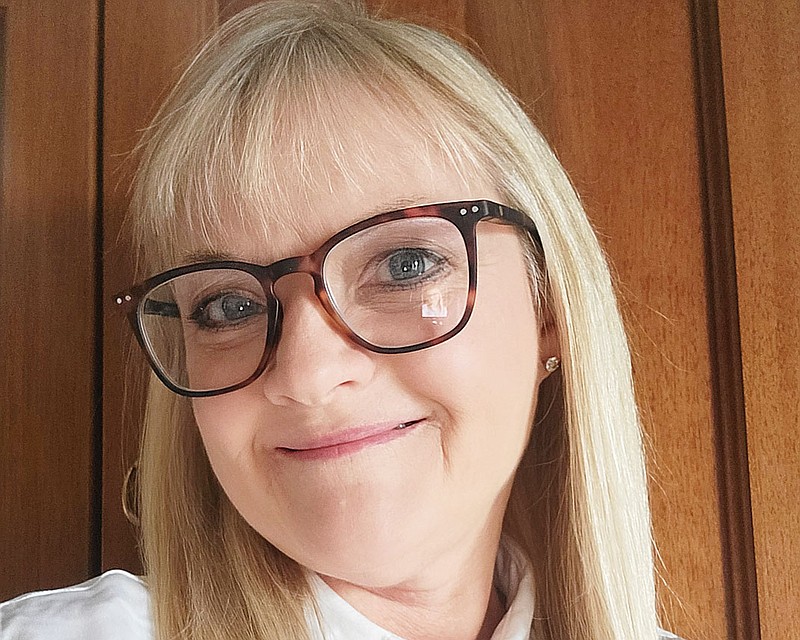Change is inevitable -- but knowing that still doesn't make it any easier to accept. When we get into established routines and working norms, the mere thought of change can sometimes be extremely uncomfortable.
Some of the most-cited reasons for why change is hard to accept begin with the basic premise that change means more work. If you have ever installed a new software program, you most likely experienced a problem or two, which took more time out of your day to resolve. Then, after all that, you still had to learn how to use the new software.
Experiences like these are stored in our memories. And the next time we think about change, we automatically fear a similar outcome.
Another reason is feeling that we are not in control, especially when the decision for change is not our own. I can vividly remember a previous employer dictating a new course of action, which I was responsible for implementing.
The underlying message was clear -- I would have to comply, even though my input was not sought. And I had no stake in the success of the newly implemented change (other than the obvious objectives to make my boss happy and keep my job).
Which brings me to the heart of the matter: Leaders can predict resistance to change and offset it to some degree with a few strategic "chess moves." A critical strategy involves recognizing that the four main generations in your workplace view change differently. Understanding each generation's typical approach to change puts you in a position of strength, because you can customize the communication and roll-out.
Baby Boomers (born 1946-1964) are most likely the oldest workers in your employ. I will go ahead and self-identify as a "fringe Boomer," having been born in the last years of this generation's range. We grew up when traditional management styles flowed from top to bottom. As a result, we react better (although with caution) when communications of structured change come from the C-suite, preferably in person.
Generation X (born 1965-1980) is the most misunderstood generation, as they came of age at a time when institutions were under fire for unethical behavior (remember Enron and WorldCom?). They watched as parents and grandparents grappled with the loss of hard-earned retirement funds. Their justified distrust runs deep; and to overcome this, leaders must first earn the confidence of this wary generation. Only then will Gen Xers view change as a potential opportunity, when it is communicated in an informal manner (e-mails with bullet points) by a competent manager, not just someone with seniority.
Millennials (born 1981-1996) are the most accepting, when it comes to change, because of their fluid work style. This flexible generation sees most change as an improvement, especially when it is designed by an authority figure who has demonstrated their skilled competence. To "reach them where they are,"communications to this generation should be electronic, with an option for an in-person chat.
Generation Z (born 1996-2012) has, in some respects, adopted the same modes as the Baby Boomers, in that they prefer interacting with leaders and coworkers in-person. They also appreciate a certain level of job security and stability. So, when change is coming, expect this generation to be cautiously optimistic and willing to get onboard, if the communication is delivered face-to-face, with a focus on the stabilizing factors of the change.
How we, as leaders, view and manage change, as well as strategically design and communicate future changes in our workplace, can make all the difference in whether our teams accept the changes and take ownership in their success.
To me, Albert Einstein was right when he famously once said that "Our intelligence is measured by our ability to change." And I would add that Leo Tolstoy was, too, when he stated, "Everyone thinks of changing the world, but no one thinks of changing himself."
Accepting change has to start within.
Merri Mai Williamson is a 30-year veteran in human resources, holds two national certifications at the highest level and is the founder of two Chattanooga businesses: Application Researchers and HR Master Consultants. She is a past president of Southeast TN SHRM (shrmchattanooga.com) and has been a member more than 20 years.
